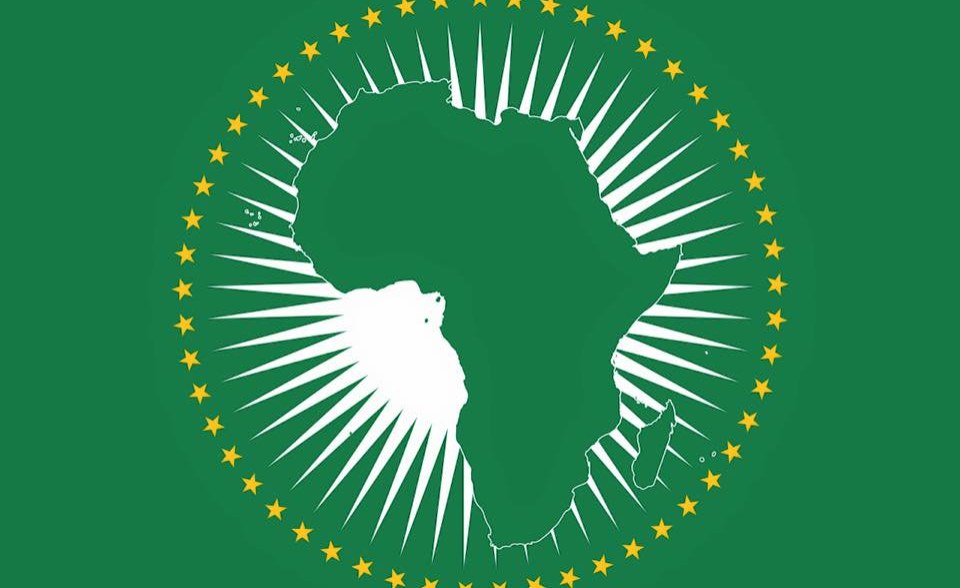A clear vision of peace operations must redefine the complementary role of the AU and the United Nations.
In the election campaign against top jobs in the African Union (AU), new AU committee chair Mahamoud Ali Youssouf said he would advocate for important reforms to responding to the AU crisis. These reforms include more aggressive peace and security councils and effective standby forces ready for deployment in conflict zones.
From Sudan and South Sudan to the Democratic Republic of the Congo (DRC), the peace and security situation in Africa is becoming increasingly unstable. Permanent conflict has uncovered the limitations of global and regional approaches, such as peace support operations.
Youssouf’s leadership began during major global and regional debates at the United Nations (UN) and AU on peacekeeping reforms worldwide and Africa. These discussions have encouraged both organizations to review their respective frameworks. This convergence provides the AU’s new leadership with an opportunity to build a bold African vision for peace operations that will help address the structural and systematic drivers of conflict.
Africa’s current approach has been criticized for failing to address the underlying causes of the crisis, particularly the flaws in governance, socioeconomic development and diversity management. They also struggle to promote timely preventive diplomacy that achieves political resolution.
In recent years, several peace operations on the continent have ended prematurely. These include the disbandment of the United Nations Multidimensional Integrated Stabilization Mission in Mali, East African Community Regional Forces in the Eastern DRC, the South African Development Community (SADC) mission in Mozambique, and the joint forces of the G5 Sahel. In March, the DRC’s SADC mission ended its operation 15 months later due to deep-seated political issues and military capabilities restrictions.
These missions differed in the context of deployment, obligations, and the nature of challenges encountered, including the various effects of regional and global geopolitics. But everything was forced to close before it reached its goal. This marked a broader crisis of trust in multilateral peacekeeping and peace support operations.
The local communities and host states argued that these missions were unable to effectively carry out missions, such as protecting civilians and fostering conditions for an inclusive peace process. This has reduced public and state trust.
The reasons behind the early departure of the mission include strategic, political and operational challenges. They also lacked political consensus on the UN Security Council and suffered from reduced host state cooperation and limited regional support for the UN peacekeeping mission.
As a result, discussions on reviews of peace operations in the UN context, such as peacekeeping and special political missions, have garnered a pace. The UN’s New Agenda for Peace and the 2024 Agreement for the Future called on Secretary-General Antonio Guterres to “consider the limitations and future of peacekeeping in light of the evolving nature of conflict.”
The UN Secretariat has begun the review process. It aims to derive lessons from previous and ongoing missions and to recommend how the UN toolbox can be adapted to meet existing and future security challenges.
Similarly, the AU began reviewing the fully operational Africa Standby Force (ASF) in 2016. This force is an important mechanism for quickly deploying peace support operations and responding to crises across the continent.
Opinions differ regarding the use of ASF. Some argue that the AU and the local economic communities used ASF as a strategic framework to build capacity for peace support operations. They also argue that peace missions approved by the economic communities of the West African countries of the Gambia and the SADCs in Lesotho and Mozambique were approved under the ASF framework. However, these deployments did not follow the approval process surrounded by ASF concepts.
Others argue that the ASF is still not fully utilized due to lack of political consensus, weak institutional adjustments between the AU and local actors, and funding challenges.
The AU Committee launched an ASF review in 2023 amid urgent questions about the association and effectiveness of the military with the increased security threats. Among other activities, a review workshop was held in December 2024. In February 2025, the AU Parliament directed the AU committee to promote a review and align it with the evolving security agenda in Africa. A roadmap for ASF reform is under development, with a detailed report expected in mid-2025.
Once Youssouf begins his tenure, he can use the ongoing UN and AU reviews to guide a new vision for peace operations in Africa. The ultimate goal should be an approach that promotes not only safety, but also crisis solutions.
The continent’s diverse and complex conflict landscape requires a variety of deployment options by UN, AU and local actors. Ensuring a link between the AU and the UN review will allow us to take advantage of the comparative benefits of both organizations, taking into account overlapping aspirations and the goals of the two processes.
Sign up for the AllAfrica newsletter for free
Get the latest African news
success!
Almost finished…
You need to check your email address.
Follow the instructions in the email you sent to complete the process.
error!
There was a problem processing the submission. Please try again later.
To ensure that Africa’s status is included in the UN Peace Operations Review, new AU leaders should create a common African position that reflects continental concerns, priorities and experiences. They were able to work with the PSC to organize dedicated sessions to deliberate and build deliberate consensus on African input into the UN review process.
The AU Committee Chair must also seize his early momentum to speed up the ASF review process as an important mechanism for developing peace operations in response to conflicts across Africa. This review should clarify the role of AU and local institutions in approving deployments, streamlining political decision-making processes, and identifying sustainable resources.
Ibrahim Barry, intern, ISS Addis Abeba
Dawit Yohannes, Project Manager and Senior Researcher, ISS Addis Ababa
ISS Addis Ababa researcher Liaga
Tsion Belay Alene, researcher at ISS Addis Ababa
Meressa Kass, Senior Researcher and Training Coordinator

